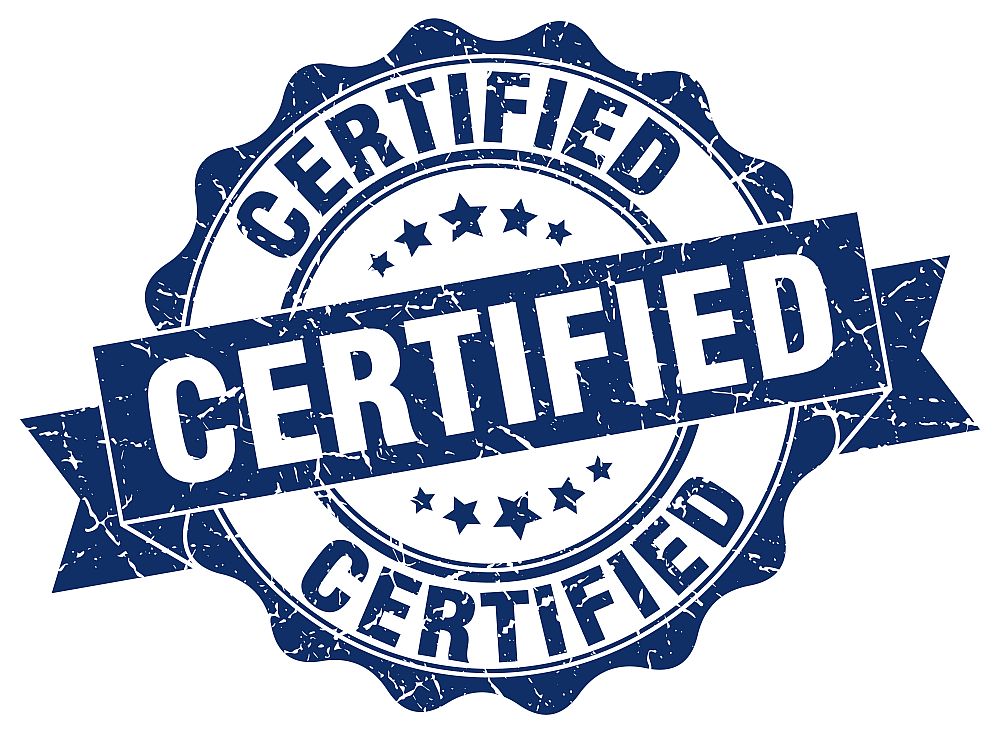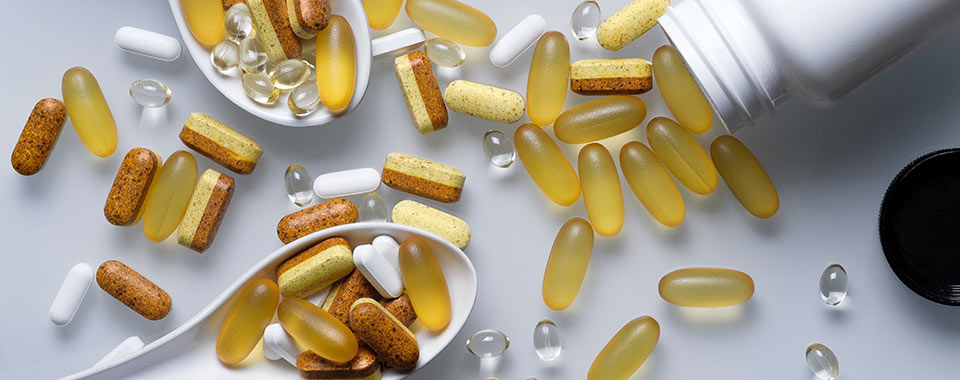In Part 1, I talked about why IFOS Approved Fish Oil is so great. Here, I want to talk about some things IFOS could, well, aspire to.
The IFOS 5-star rating is used for what they call ‘Ultra-refined’ fish oil.
In their opinion, anything above 60% Omega-3 is Ultra-refined. Sounds like a 10 year old opinion to me, from a bygone era when 60% pure fish oil was considered danged spiffy.
How Do Fish Oils Get Rated?
Anyway, here’s what each star means:
- Star 1 is for passing all CRN (Council for Responsible Nutrition) and WHO (World Health Organization) testing categories.
- Star 2 is for being higher than 60% Omega-3
- Star 3 is for rancidity (oxidation less than 75% of CRN/GOED standards)
- Star 4 is for pollutant PCB
- Star 5 is for pollutant Dioxin
GOED Monograph – the Official Definition of Fish Oil Quality
The CRN Monograph is now the GOED Voluntary Monograph and can be seen here. Most reputable fish oil manufacturers follow GOED’s Monograph, which serves as a guide or rule-book for the industry.
Why no star for being Mercury-free, you ask.
After all, that’s important, right?
Well, that’s because Mercury is listed separately along with some other bad actors like lead, arsenic and cadmium. Some fish oils like Salmon oil or Cod Liver Oil are natural high in these heavy metals, so it’s good to know what’s in your oil.
Also, why no star for being ‘super’ concentrated?
I think it’s time for IFOS to add another star for oils above 75% Omega-3. Or 90%. That star for being 60% pure is pretty easy to get these days. 60% is no longer an accomplishment.
It is relatively easy to purify fish oil from 30% to 60% Omega-3. But taking it from 60% to 90% is a different ball game – this takes a HUGE amount of effort and cost. And something that IFOS ought to recognize.
A Few Other Limitations of IFOS
As with most things, IFOS testing has some limitation:
- Is Your Fish Oil from China? People are very concerned about the quality of Chinese made nutritional and medical products. (Just for the record, OmegaVia DOES NOT use Chinese fish oil. It was designed that way. And will stay that way!)
For now, IFOS Reports don’t say what the origin of the fish oil pills are. About half of discount fish oils have Chinese ingredients or are fully made in China. If the folks at IFOS can find a way to shine some light in this area, I think it would greatly increase the value of their service and ease consumer anxiety.
- Commercial Entity. IFOS (NutraSource) is not a non-profit consumer advocacy agency. They are a business. From what I can tell, a very honest one. But still, a for-profit business has the potential to be partial.
Other Fish Oil Testing Authorities
There are other nutritional testing outfits like ConsumerLab.com and Consumer Reports.
ConsumerLab.Com
ConsumerLab.com occasionally tests fish oil. They are a fine testing facility, but their results can only be viewed by subscribers. You gotta pay!
A 12-month subscription is about $30 and their last fish oil review was in September 2010, where they found problems with 30% of the fish oil brands they selected for review. Makes you wonder if your fish oil was one of the 30%, doesn’t it?
Sign up for a membership and read the report here.
Consumer Reports
Consumer Reports, well, they are great at testing car seats, washing machines and dishwashers. They have no in-house fish oil experts and should stay with what they know best. We’ll leave it at that.
So IFOS provides a unique and necessary service.
Labdoor.com is a newer entity that has so far tested 54 brands of fish oil. OmegaVia is near the top.
Should all Fish Oils be IFOS-Tested
Someone recently asked, ‘Well, what if all fish oil brands get tested at IFOS, it will become less valuable, won’t it?’
No, it won’t! IFOS isn’t special because only an exclusive group of fish oil products are tested. It’s special because of its high standards, full disclosure and transparency.
I think it’d be great if all fish oil products got tested at IFOS. There’d be no mystery or worry. You’d know who got the gold, silver, bronze (or lead!)
With IFOS, you get all the facts. And you decide.
I like that.
* These statements have not been evaluated by the Food and Drug Administration. This product is not intended to diagnose, treat, cure, or prevent any disease. Clinical research suggests the omega-3 dosage needed to help maintain healthy triglycerides is 2000-3000 mg per day when used as part of healthy diet and exercise regimen.


 For now, IFOS Reports don’t say what the origin of the fish oil pills are. About half of discount fish oils have Chinese ingredients or are fully made in China. If the folks at IFOS can find a way to shine some light in this area, I think it would greatly increase the value of their service and ease consumer anxiety.
For now, IFOS Reports don’t say what the origin of the fish oil pills are. About half of discount fish oils have Chinese ingredients or are fully made in China. If the folks at IFOS can find a way to shine some light in this area, I think it would greatly increase the value of their service and ease consumer anxiety.


Hi – I am looking for a 5 star IFOS tested omega fish oil and noticed your product. Never heard of this brand before. Does it really work? I am a 50 year old female that is trying to stay as young as possible. I feel like I have been wasting money on other fish oils in the past. Then, there is talk about plant based versus fish based. Could give me a little bit more info on your product? Could you also suggest a really great probiotic. Thanks for your time
Hi Rebel – Does OmegaVia work? Well, I’m not objective, so I’ll let our customers do the talking. There are reviews here: http://www.amazon.com/OmegaVia-Pharma-Grade-Odorless-Burp-Free-Capsules/dp/B00CJKJK1E/ and testimonials here: http://www.omegavia.com/testimonials/
As for performance, if you are healthy and fish oil does what it is supposed to do, it’s hard to notice the difference. But if you are trying to reduce joint discomfort or maintain healthy triglycerides, it is easier to feel or measure. Healthy triglyceride management requires the combination of healthy diet, exercise plan, and 3000 mg of Omega-3 daily. *
Plant vs fish? Definitely fish. More here: http://www.omegavia.com/flaxseed-oil-vs-fish-oil/
Probiotics – there is Prescript-assist that I recommend but even that offers only a handful of bacteria species while a healthy gut needs to have thousand or so. So the best probiotic supplement falls way short of what you need. I suggest including a diverse range of fermented foods – kefir, yogurt, sauerkraut, kombucha, kimchi etc. You may also serve yourself better by avoiding wheat and fructose, two things that undo most of the good that you’re trying to do. And may be take a PRE-biotic supplement too.
Hope this helps.
* These statements have not been evaluated by the Food and Drug Administration. This product is not intended to diagnose, treat, cure, or prevent any disease. Clinical research suggests the omega-3 dosage needed to help maintain healthy triglycerides is 2000-3000 mg per day when used as part of healthy diet and exercise regimen.